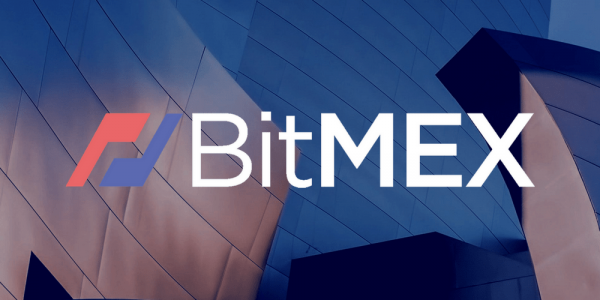The cryptocurrency industry has been hit by two major regulatory actions in March 2023 that has seemingly come out of nowhere and led to more uncertainty about the future of crypto firms operating in the US. The State’s biggest crypto exchanges are being harangued as part of the so-called Operation Chokepoint 2.0, a coordinated strategy against the nascent technology sector.
The US Commodity Futures Trading Commission (CFTC) filed a lawsuit against Binance, the world’s largest cryptocurrency exchange, while the US Securities and Exchange Commission (SEC) issued another Wells Notice to Coinbase, a leading US-based cryptocurrency exchange.
What Happened?
The CFTC’s lawsuit against Binance alleges that the exchange allowed US-based customers to trade derivatives without registering with the agency. The CFTC claims that Binance violated the Commodity Exchange Act by failing to register as a futures commission merchant and by failing to implement adequate anti-money laundering (AML) measures. The lawsuit seeks civil monetary penalties and an injunction to prevent Binance from operating in the US.
On the other hand, the SEC’s Wells Notice to Coinbase is related to the exchange’s planned launch of a lending program that would allow users to earn interest on their cryptocurrency holdings. The SEC, steered by lead crypto antagonist Gary Gensler, claims that the lending program constitutes a security and that Coinbase must register with the agency before offering it to customers. Coinbase has disputed the SEC’s characterization of the lending program and has said that it will continue to push back against the agency’s demands and prepare for a court battle. This comes after Kraken earlier this year paid a fine after an SEC enforcement. It’s clear now that crypto’s mainstay firms are finally willing to take up the challenge and fight the securities regulator in the courts.
Industry Reaction
The news of these regulatory actions has sent shockwaves through the cryptocurrency industry, which is still reeling from 2022’s collapse of Luna, FTX, and several custodial firms, which has resulted in the arrest of both Do Kwon and Sam Bankman-Fried, former leading voices in the space. Binance and Coinbase are two of the most well-known and trusted cryptocurrency exchanges in the world, and their legal troubles have caused many to question the future of the industry, particularly in the US. One of the oldest US-based exchanges Bittrex announced this week that they would end their operations in the States after 9 years due to the hostile regulatory environment, and focus on global operations instead.
Some industry insiders have criticized the CFTC and SEC for what they see as heavy-handed regulatory actions that could stifle innovation in the cryptocurrency space. Others have applauded the agencies for taking a stand against exchanges that they believe are operating outside of the law.
Regulators and the Heads of Binance and Coinbase Respond
Binance CEO Changpeng Zhao has vowed to fight the CFTC’s lawsuit and has said that the exchange has always taken compliance seriously. Zhao has also emphasized that Binance has made efforts to restrict US-based customers from using its platform.
In response to the SEC’s Wells Notice, Coinbase CEO Brian Armstrong has accused the agency of overreach and has said that the lending program is not a security. Armstrong has also called on the SEC to provide clearer guidelines on what constitutes a security in the cryptocurrency industry.
Future Ramifications for the Crypto Industry
The regulatory actions taken against Binance and Coinbase could have far-reaching implications for the cryptocurrency industry. If Binance is forced to withdraw from the US market, it could lose a significant portion of its customer base and could face challenges in expanding its operations in other parts of the world.
Similarly, if Coinbase is required to register with the SEC and comply with securities regulations, it could face higher costs and a more complicated regulatory environment. This could also discourage other cryptocurrency exchanges from offering similar lending programs or other innovative products.
Overall, the regulatory actions taken against Binance and Coinbase highlight the challenges that the cryptocurrency industry faces in navigating an evolving regulatory landscape. As the industry continues to grow and mature, it will be important for exchanges and other industry players to work with regulators to ensure that they are operating within the bounds of the law, in particular AML/CFT regulations such as the FATF Travel Rule.
About Sygna
Founded in 2019, Sygna has quickly become a leading player in the digital asset industry’s AML compliance space. With its commitment to global Anti-Money-Laundering and Combating the Funding of Terrorism (AML/CFT) regulations and its endeavors with organizations such as the V20 Virtual Asset Service Providers Summit, Chamber of Digital Commerce, and Singapore’s ACCESS industry organization, Sygna is dedicated to helping VASPs and financial institutions meet their AML compliance needs worldwide with the least disruption possible.
With its prestigious ISO/IEC 27001 certification and Information Security Management System (ISMS) adherence, Sygna has been a trusted partner since 2020 for virtual asset service providers and financial institutions in complying with global Anti-Money-Laundering and Combating the Funding of Terrorism regulations.


